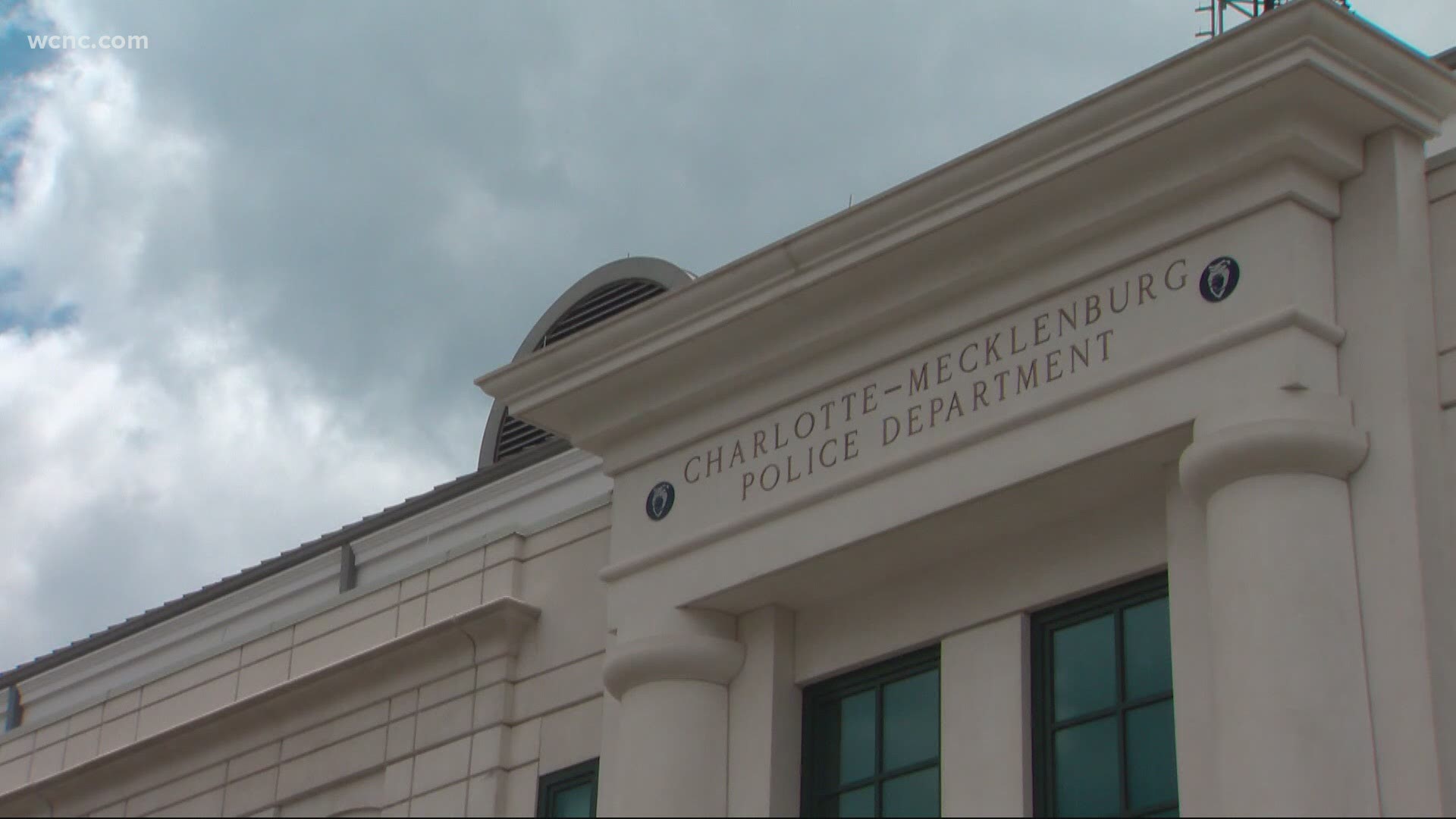CHARLOTTE, N.C. — North Carolina will be implementing a modified stay-at-home order and a nighttime curfew beginning Friday, Governor Roy Cooper announced Tuesday as COVID-19 trends continue to rise statewide.
Businesses, including restaurants, bars, entertainment venues, personal care businesses, most retail stores and more will be required to close at 10 p.m. Alcohol sales are required to stop at 9 p.m. The sale of alcohol cannot resume until 7 a.m.
Some exclusions apply, such as in the construction and manufacturing industries.
"The modified Stay at Home Order is also a reminder that we must be vigilant the rest of the day - wearing a face mask when we are with people we don't live with, keeping a safe distance from others, and washing our hands," Gov. Cooper said.
When Gov. Cooper decided to implement these new restrictions it falls on local law enforcement to decide how they’re going to enforce the rules.
“We give our officers discretion to appropriately and fairly enforce all laws, including this one,” said Deputy Chief Jeffrey Estes.
Officers will now be responsible for ensuring the community is following the new order.
“The whole intent of the order, my personal opinion, is instead of going back to where we’re at a stay at home order for 24 hours of the day, I think the governor’s intent was to limit those eight hours at night that people would stay home," Estes said.
Estes said the department won’t be taking an aggressive approach to enforce it.
“We will continue to be operating on a complaint-driven basis primarily,” Estes said.
Estes said it means they won’t be actively searching for people who aren’t complying.
“We won’t be using this order after the 10 p.m. hours as a means to set up checkpoints or just conduct traffic stops specifically and solely for the order,” Estes said.
Estes said officers can still question or enforce the order while performing their normal duties.
“You can even have an anonymous complaint come through, we respond to those as well,” Estes said.
Estes said while officers may give warnings or a citation, violating the executive order is a misdemeanor.
“All of the penalties associated with that class misdemeanor are in play,” Estes said.
Estes said he hopes the community will comply with the order to prevent them from having to expend resources to respond to calls.

